22 start with O start with O
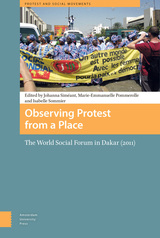

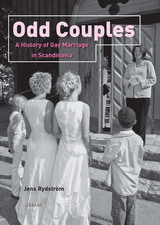
The concept of marriage as a union of a man and a woman was fundamentally challenged by the introduction of registered partnership in Denmark in 1989. Odd Couples is the first comprehensive history of registered partnership and gay marriage in Scandinavia. It traces the origins of laws which initially were extremely controversial—inside and outside the gay community—but have now gained broad popular and political support, as well as the positive effects and risks involved in state recognition of lesbian and gay couples. Through a comparison of how these laws have been received and practiced in all of the Scandinavian countries, including Greenland and the Faroe Islands, the author presents a nuanced study of a fascinating political process that began in the 1960s and continues to change the way we understand family, sexuality and nation.
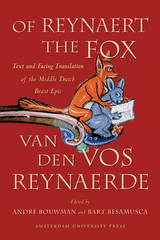
An entertaining reworking of the most popular branch of the Old French tale of Reynard the Fox, the mid-thirteenth century Dutch epic Van den vos Reynaerde is one of the earliest long literary works in the Dutch vernacular. Sly Reynaert and a cast of other comical woodland characters find themselves again and again caught up in escapades that often provide a satirical commentary on human society.
This charmingly volume is the first bilingual edition of the tale, featuring facing pages with an English translation by Thea Summerfield, making the undisputed masterpiece of medieval Dutch literature accessible to a wide international audience. Accompanying the critical text and parallel translation are an introduction, interpretative notes, an index of names, a complete glossary, and a short introduction to Middle Dutch.
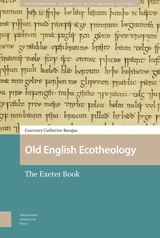
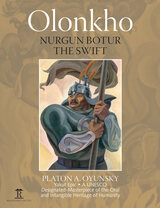

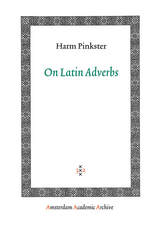
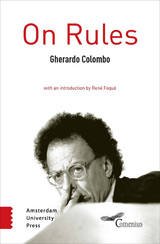
On Rules is the culmination of decades of thinking about and working within the law as both an ideal and a realm of practical action. Gherardo Colombo brings to his rich philosophical analysis of the culture of justice thirty years of experience in the Italian judiciary, which saw him head up numerous important and sensitive commissions and inquiries. His exploration of the concept and application of rules of justice is powerful and clear: if we don’t root our experience in a fundamental respect for rules, we cannot have a functioning, just society.

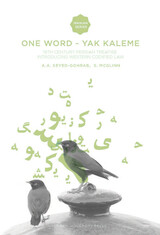
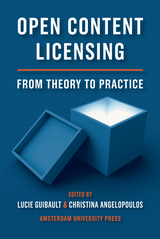
Although open content licenses only account for a fraction of all copyright licenses currently enforced in the world, their introduction has had profound effects on the use and dissemination of information. This book explores the theoretical underpinnings of these licenses and offers insight on the practical advantages and inconveniences of their use. The essays collected here include an objective study of the principles of open content from the perspective of European intellectual property law as well as novel examinations of their possible implementation in different areas of the cultural or information industry.
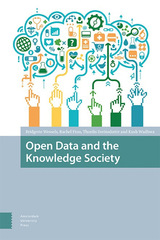
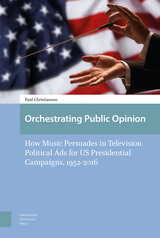
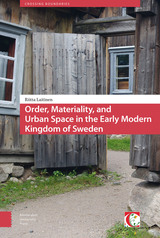
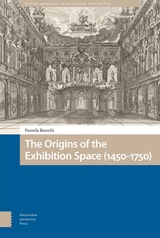
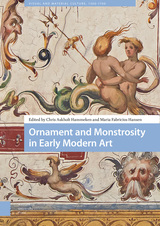

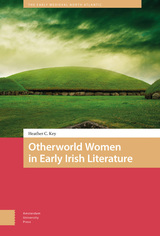
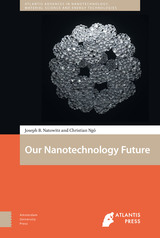
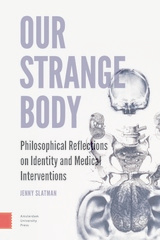
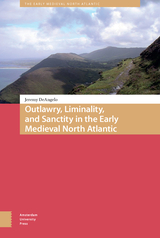
READERS
Browse our collection.
PUBLISHERS
See BiblioVault's publisher services.
STUDENT SERVICES
Files for college accessibility offices.
UChicago Accessibility Resources
home | accessibility | search | about | contact us
BiblioVault ® 2001 - 2024
The University of Chicago Press









